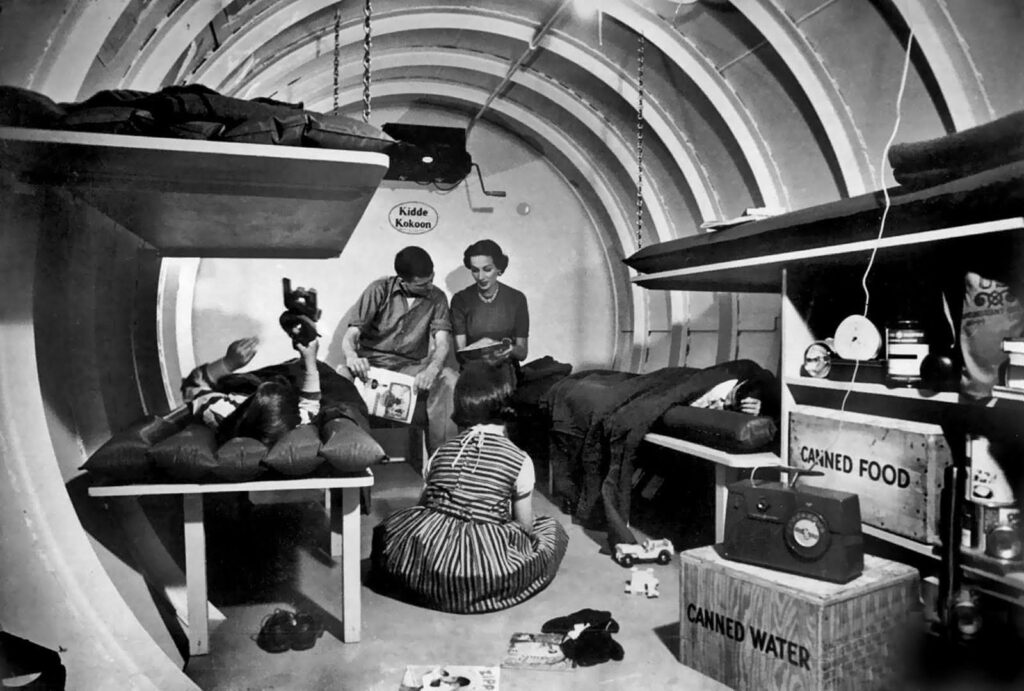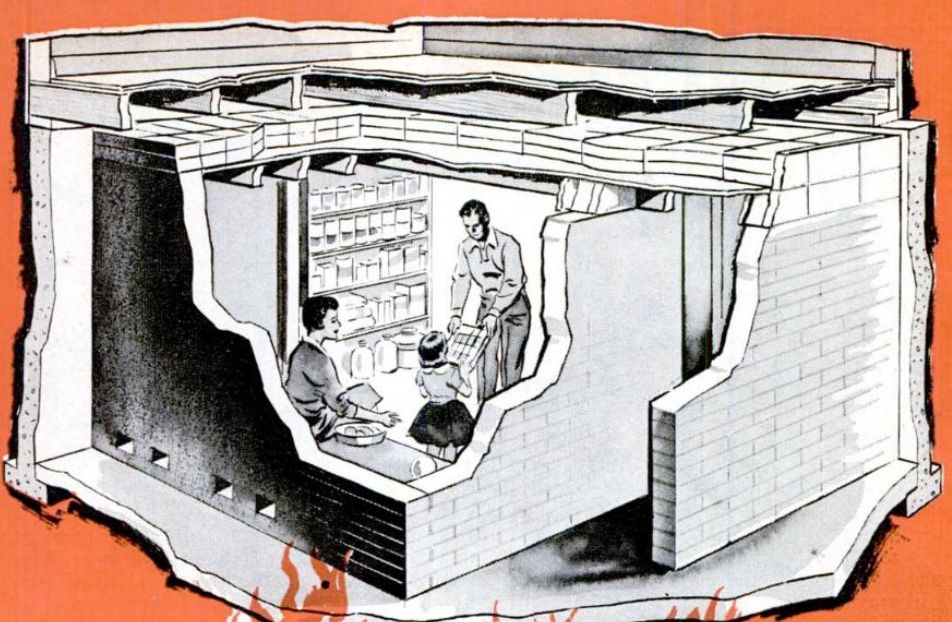
Directional signs to the school were installed around Artesia and guided tours were offered by the school administrative office and the police department until the end of the 1960's.

The town was proud of the school and marketed it as a tourist attraction. Louis researcher, Frank Lutz, who concluded that students at the subterranean school performed as well academically as their counterparts in above ground schools. Various educational experts visited the school during the 1960s, including the noted St.

It continued to enjoy a degree of notoriety through the 1960s and 1970s. Heavy steel doors, designed to hold up under a nuclear explosion, were placed inside the three above ground entrances.įrom 1962 until 1995, the building functioned as a public elementary school. This was achieved by excavating below grade and constructing steel reinforced cast concrete walls and posts to support a 21-inch thick concrete slab roof.

With the exception of three, flat-roofed concrete block buildings (linked by a canopy to form a roughly shaped L in plan), the building is located completely underground and was engineered to withstand the effects of a thermonuclear blast. Located in the small southeastern New Mexico town of Artesia, the Abo Elementary School was built in 1962 to function as both a school and an underground fallout shelter for the community during the height of the Cold-War after plans by Roswell New Mexico architect, Frank M.


 0 kommentar(er)
0 kommentar(er)
